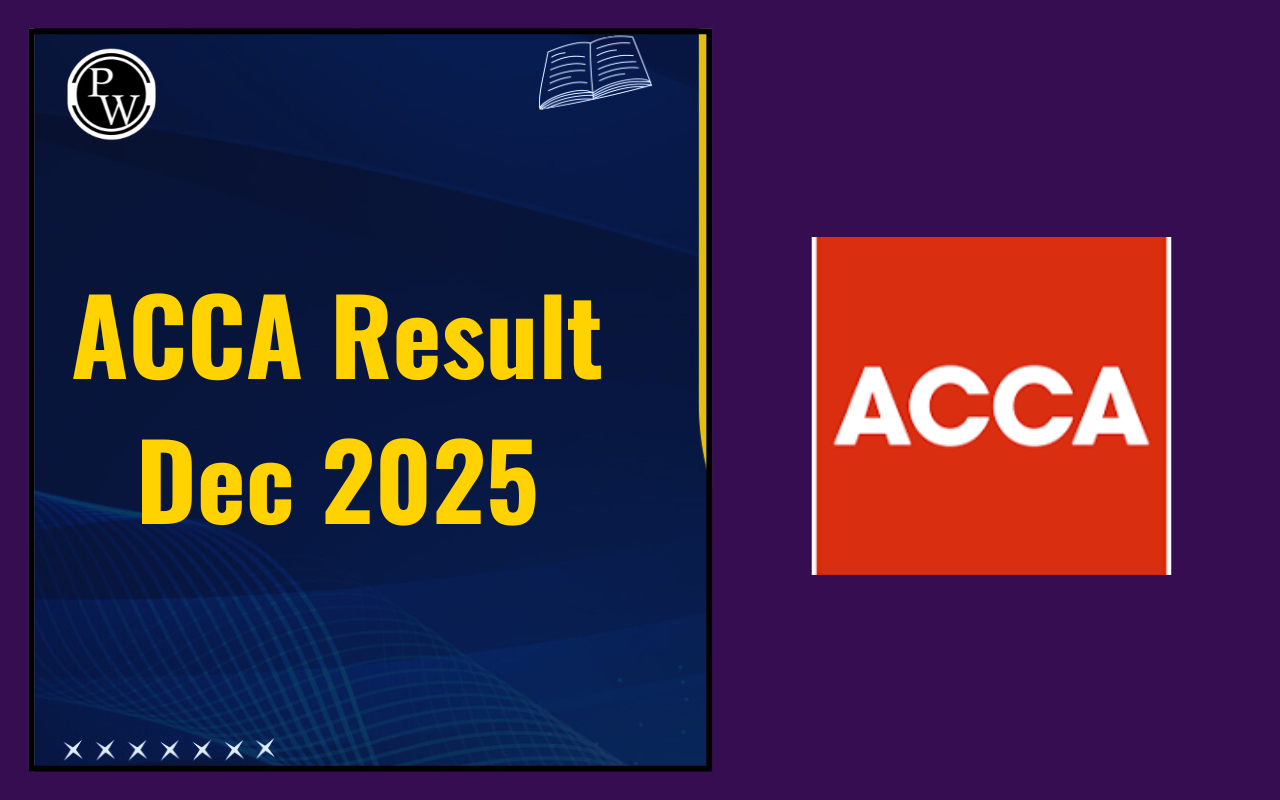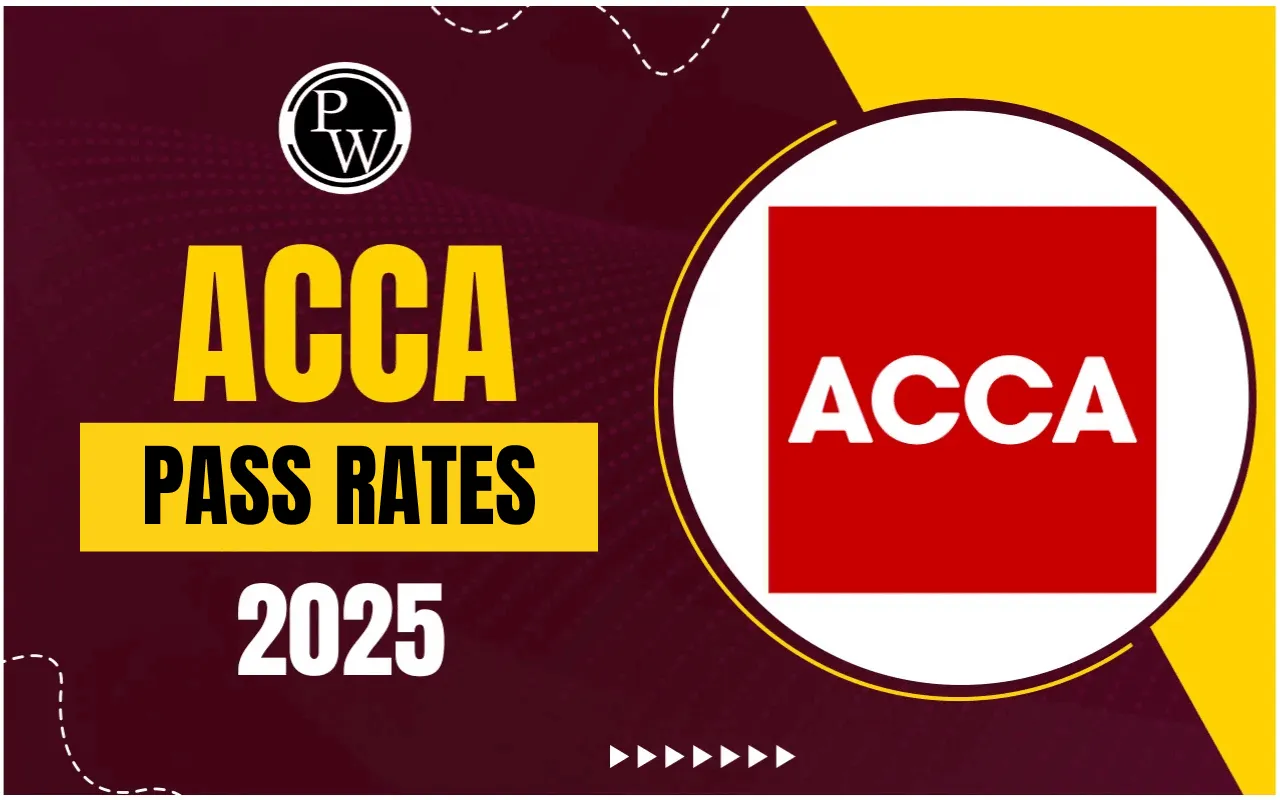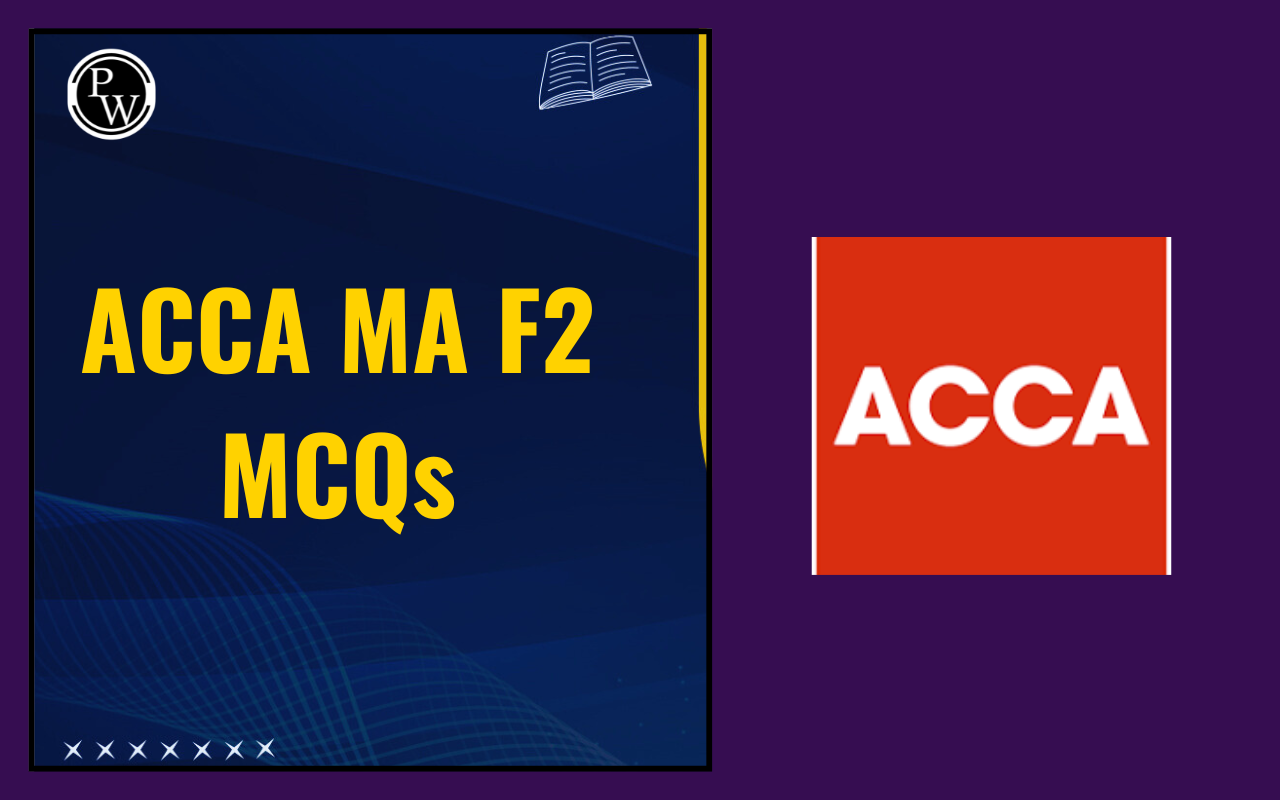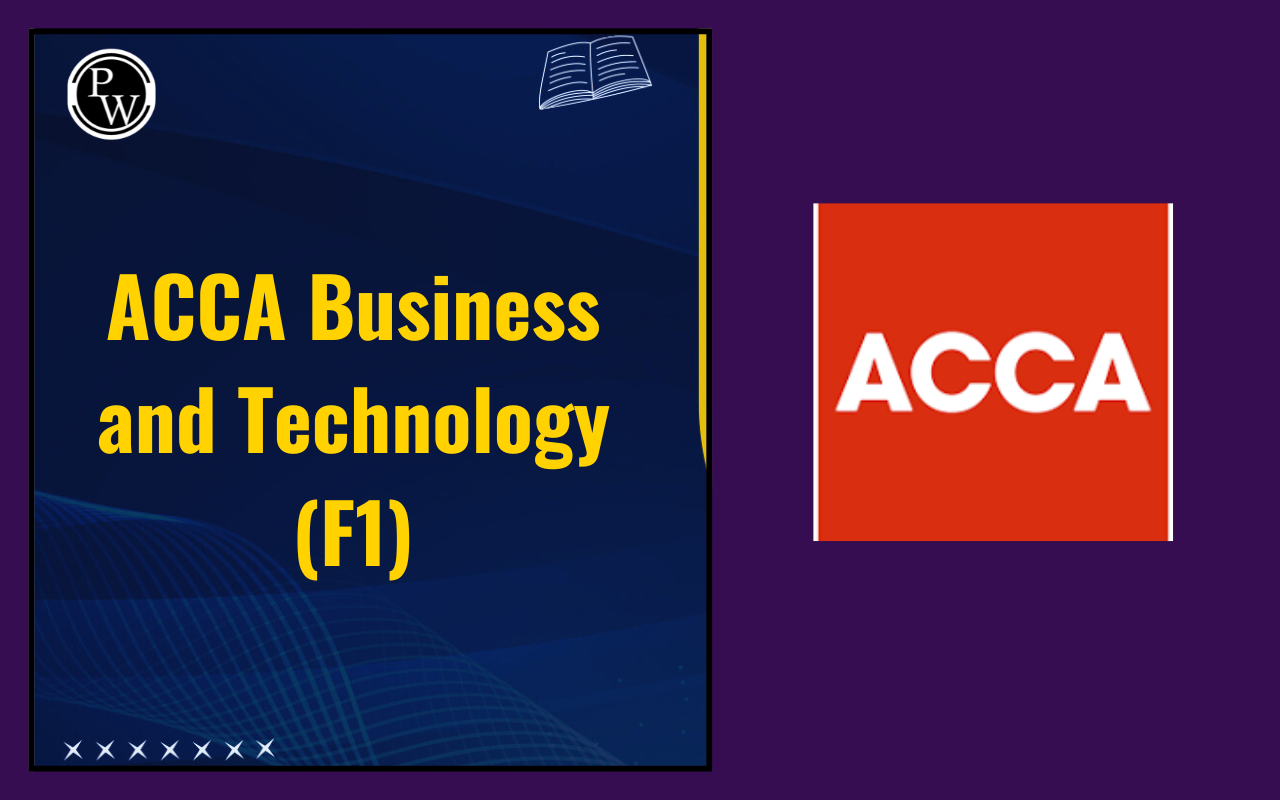
Scoring high in ACCA exams isn’t just about knowledge; it’s about presenting that knowledge effectively. Many students struggle with structuring their Answers in ACCA Professional Papers, which affects their scores. Examiners assess clarity, technical accuracy, and professional presentation, making answer-writing skills as crucial as subject expertise. If you’ve ever wondered how to maximize marks by refining your answers, this guide will help.
We will explore examiner expectations, key techniques, and essential strategies to write high-scoring Answers in ACCA Professional Papers. By mastering these tips, you can improve your exam performance significantly.
Examiners' Expectations with Answers in ACCA Professional Papers
Understanding what examiners look for is the first step to crafting high-quality Answers in ACCA Professional Papers. The examiners expect responses that are:
-
Well-Structured: Answers should have a clear introduction, main content, and conclusion. Bullet points and subheadings enhance readability.
-
Technically Accurate: Concepts should be correctly applied with relevant references to accounting standards, frameworks, and theories.
-
Concise Yet Comprehensive: Avoid unnecessary details but ensure the answer covers all key points.
-
Professional in Tone: The language should be formal, clear, and aligned with business communication standards.
-
Justified with Examples: Answers that include real-world examples or case references stand out.
Examiners reward candidates who present structured and professional responses rather than those who simply write large chunks of information. By practicing and refining your answer-writing approach, you can meet examiner expectations and increase your chances of success in ACCA exams.
Tips for Writing Answers in ACCA Professional Papers
Improving the way you write Answers in ACCA Professional Papers requires practice and strategic techniques. The following are some practical tips to enhance your answer-writing skills:
Understand the Question Before Writing
One of the biggest mistakes students make is rushing into writing without a thorough understanding of what the question requires. Examiners frequently use command words like "explain," "analyze," or "evaluate." Each of these words has a different expectation:
-
Explain: Provide a clear and detailed response.
-
Analyze: Break down the concept and discuss different aspects.
-
Evaluate: Assess both pros and cons before concluding. By identifying these command words, you can tailor your Answers in ACCA Professional Papers to meet the specific requirements and score higher marks.
Structure Your Answer Logically
A well-structured answer makes it easier for the examiner to follow your thought process. Divide your answer into three key parts:
-
Introduction: Briefly introduce the topic and mention the key points you will cover.
-
Main Body: Elaborate on your arguments, using relevant examples or case studies.
-
Conclusion: Summarize key takeaways and, if necessary, provide a final opinion. This structured approach ensures that your Answers in ACCA Professional Papers appear professional and well-organized.
Also Check: How to Create a 90-Day Study Plan for ACCA Exams?
Apply Theoretical Knowledge to Practical Scenarios
ACCA professional papers often require candidates to apply concepts to real-life situations. Examiners appreciate answers that demonstrate practical application rather than theoretical repetition. Whenever possible, relate your answers to business scenarios, financial decisions, or regulatory frameworks. This approach not only makes your response stand out but also proves that you understand the subject beyond textbooks.
Time Management and Answer Planning
Time constraints are one of the biggest challenges in ACCA exams. To ensure that you answer all questions effectively:
-
Allocate time per question based on marks available.
-
Spend the first few minutes planning your response.
-
Avoid spending too much time on a single question. Planning allows you to structure your Answers in ACCA Professional Papers efficiently, ensuring all key points are covered within the given time limit.
Use Professional Language and Avoid Jargon
While writing your Answers in ACCA Professional Papers, maintaining a formal yet concise tone is crucial. Avoid using unnecessary jargon or overly complex sentences. Instead, aim for clarity and professionalism. Simple, precise, and well-articulated answers resonate better with examiners and reduce the risk of misinterpretation.
Common Mistakes Students Make in Answers in ACCA Professional Papers
Many students lose marks due to common mistakes such as:
-
Failing to answer all parts of the question: ACCA questions are multi-layered, requiring responses to different aspects.
-
Lack of clarity: Ambiguous or poorly structured answers make it difficult for the examiner to award marks.
-
Ignoring professional presentation: Poor grammar, spelling mistakes, and unstructured responses create a negative impression.
-
Overloading with unnecessary information: Irrelevant details can dilute the impact of your core arguments. Being mindful of these mistakes can help you refine your Answers in ACCA Professional Papers and improve your overall score.
| Also Check: |
| Steps to Become an ACCA |
| Last-Minute Tips for ACCA Exam Success |
| How to Clear ACCA Exams on the First Attempt? |
| How to Manage Time During ACCA Exam? |
FAQs
How can I improve my answer-writing skills in ACCA exams?
What are common mistakes students make in ACCA Professional Papers?
How important is presentation in ACCA exam answers?
Should I include real-world examples in my ACCA exam answers?










